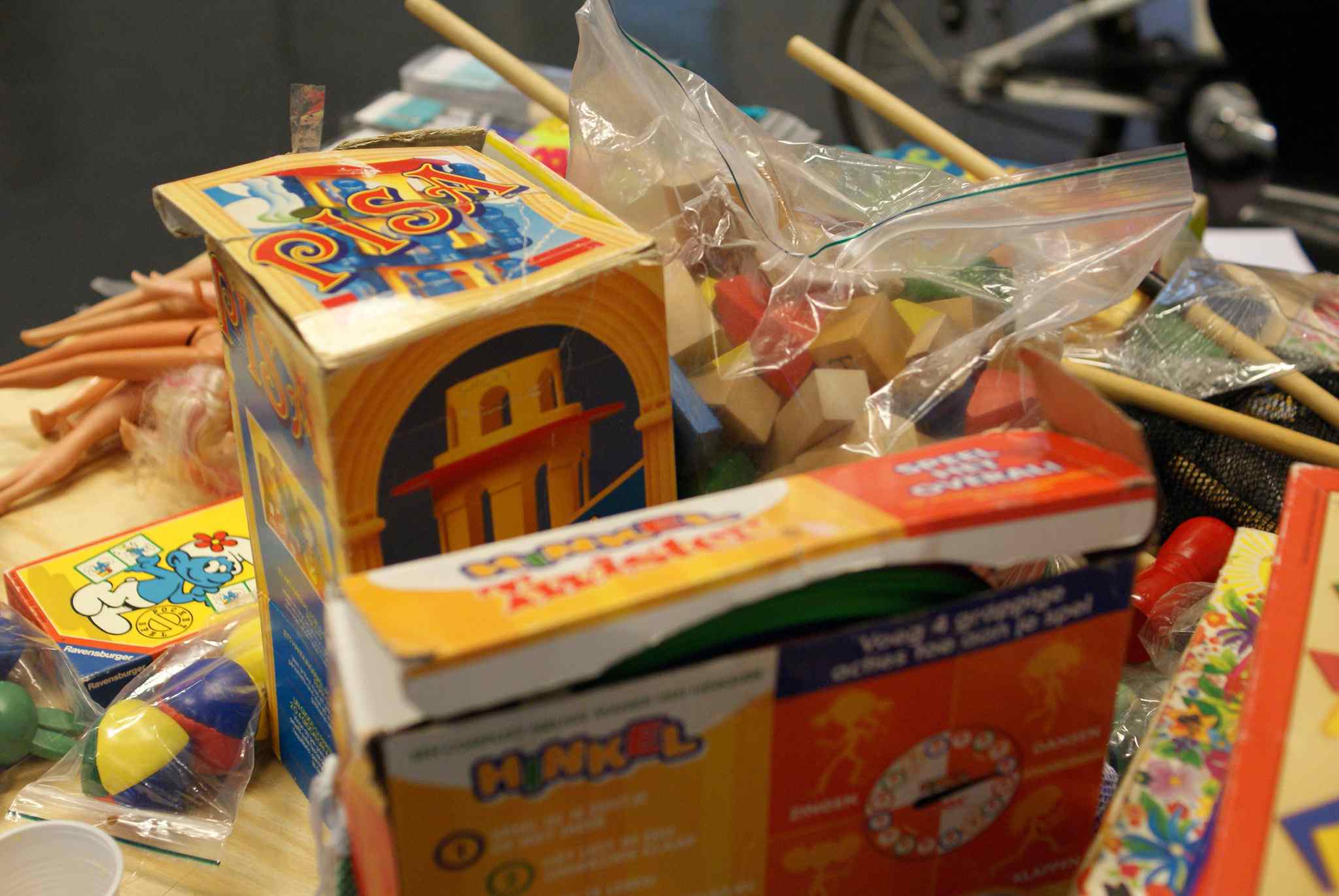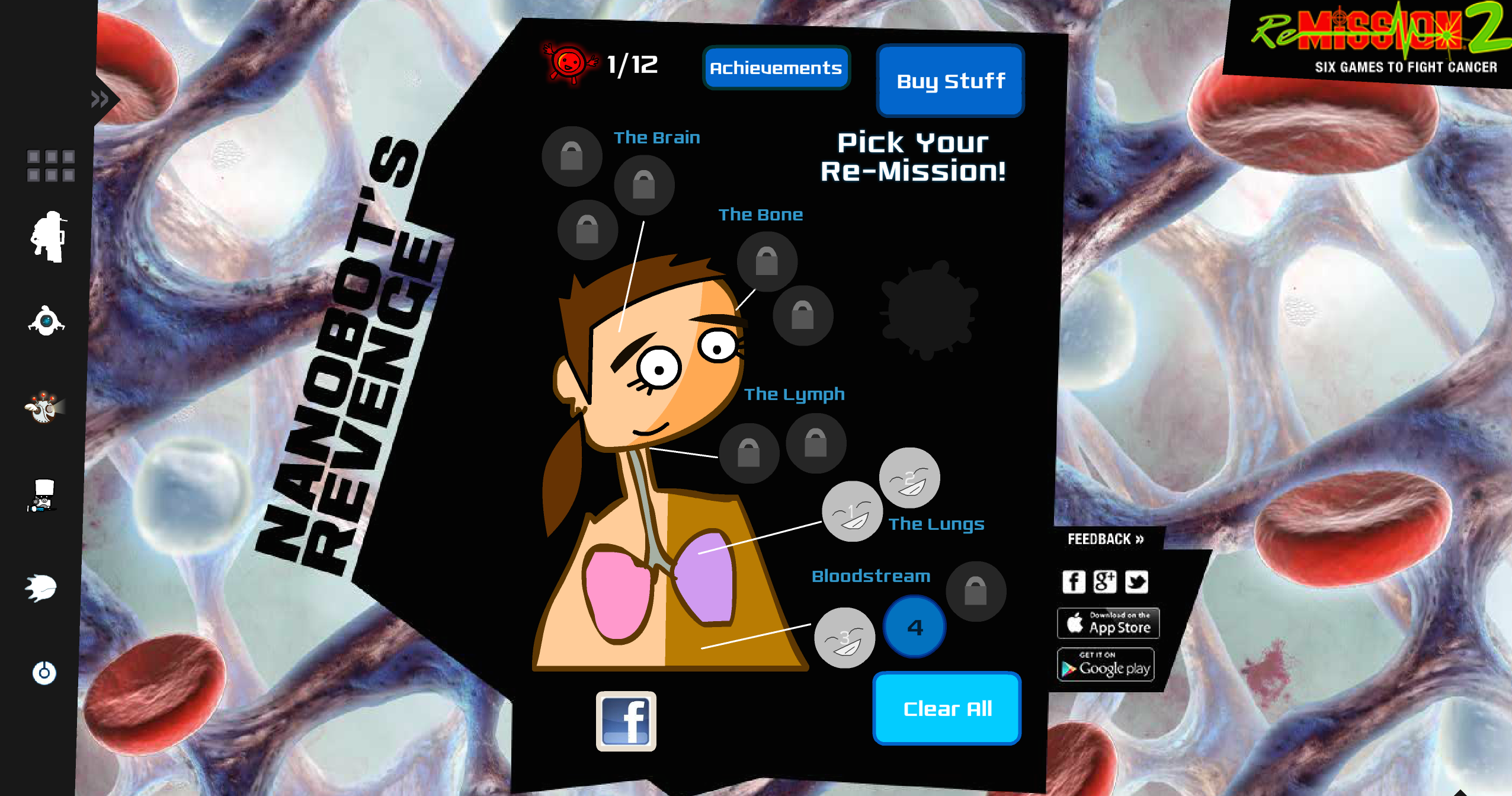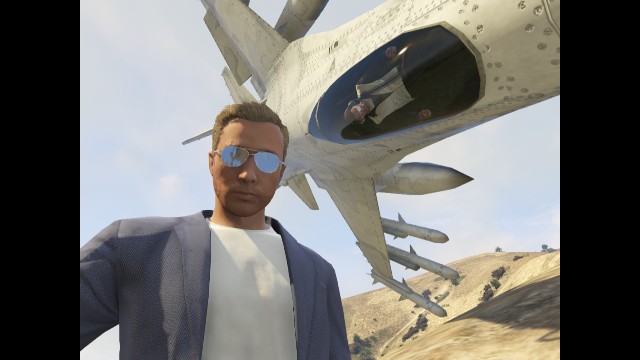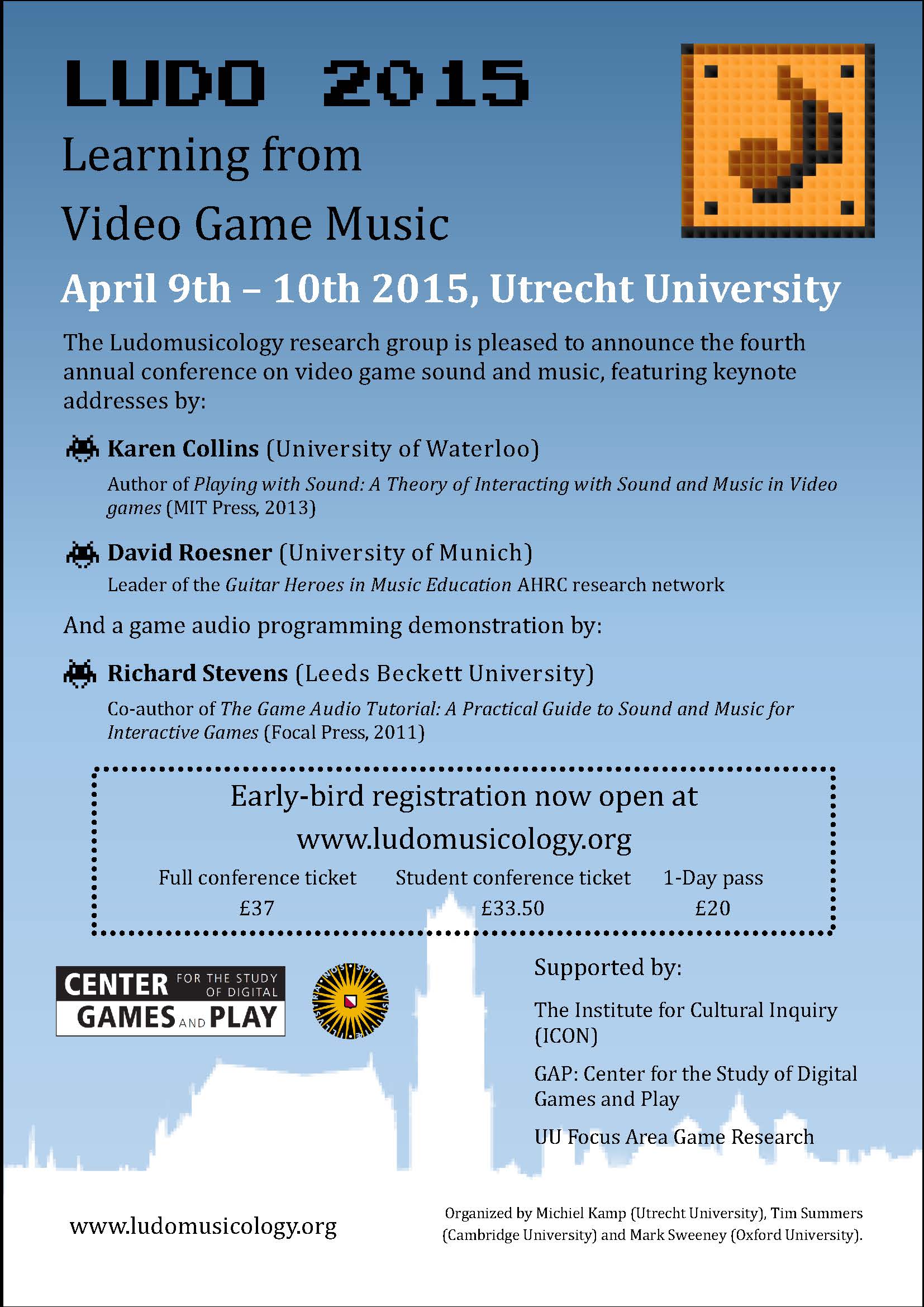Games and Play Research Seminar #7
On Thursday May 26 the Centre for the Study of Digital Games and Play (GAP) will host its seventh seminar at Muntstraat 2a, room 1.11 from 15:00-17:00 with drinks afterwards. The aim of these regular meet-ups is to create a physical space for game scholars and excellent students to present research, to provide room for game-related discussions, and to expand our academic and professional network. This meeting, we will share three game-related projects from national and international game scholars that focus on understanding play and games from a biological, theoretical, and methodological perspective. First, prof. dr.
Louk Vanderschuren (Utrecht University), will share his research on the relationship between play and social behavior in animals. Then, Laura Cañete Sanz (University of Murcia) discusses her research on advergames and their use in brand design. Lastly, Nico Lopez Coombs (Utrecht University) will present the analytical game design methodology used in the Utrecht game lab.
<strong>All Work and No Play: Neural Mechanisms of Social Play Behaviour</strong>
<a href=”http://www.uu.nl/medewerkers/LJMJVanderschuren”>Prof. dr. Louk Vanderschuren</a>, <em>Utrecht University, Department of Animals in Science and Society </em>
Play has intrigued biological scientists for many decades. It is easy to recognize, yet difficult to define. Play is probably multifunctional, and it may subserve different functions in different animal species. I will present work on the developmental function and brain mechanisms of social play behaviour in rats.
<strong>
Studying the terminology of advergames </strong>
<a href=”https://www.researchgate.net/profile/Laura_Canete”>Laura Cañete Sanz</a>,<em> University of Murcia, Department of information and documentation</em>
The aim of this presentation is to trace alternative concepts related to play and marketing and how they are associated to digital games and brand design. It concludes by considering a model and discussing to what extent it can be used to measure the effectiveness of advergames.
<strong>Remixing the classic Asteroids game at the Utrecht Game Lab</strong>
<a href=”https://www.linkedin.com/in/nicolas-l%C3%B3pez-coombs-ba9036b6″>Nico Lopez Coombs</a>, Utrecht University, Department of media and culture studies, RMA Media and Performance Studies
In this presentation the Analytical Game Design methodology is presented. Several playable alternative prototypes (remixes) of the classic game Asteroids (1981) were showcased in a public exhibition. Different takes on the classic game could be played to experience the modularity of the original arcade game, the fragility of gameplay systems (Pippin Barr) in general and the activities of the game lab.
<strong>Date</strong>: Thursday May 26, 2016
<strong>Time</strong>: 15:00 – 17:00 + drinks
<strong>Location</strong>: Muntstraat 2a, room 1.11
<strong>Registration</strong>: Please register via <a href=”mailto:S.deSmale@uu.nl”>e-mail</a>






